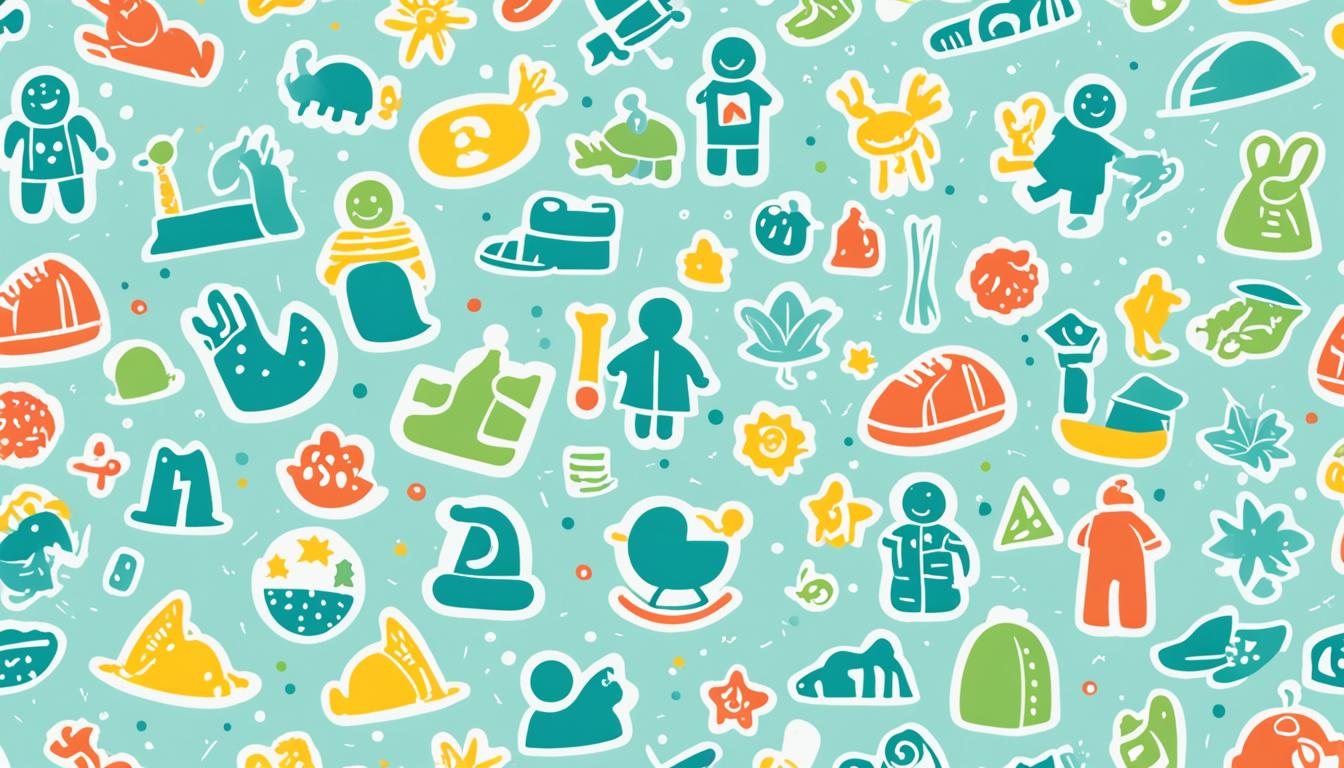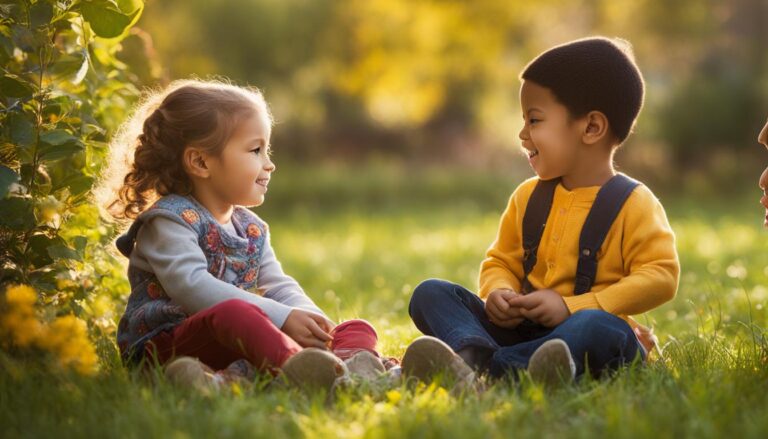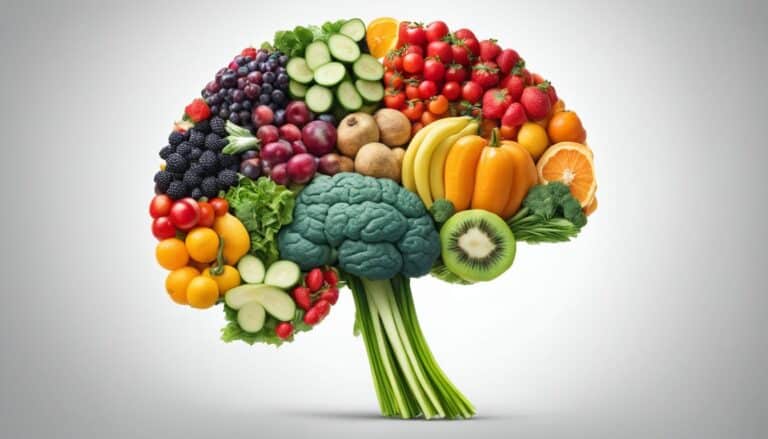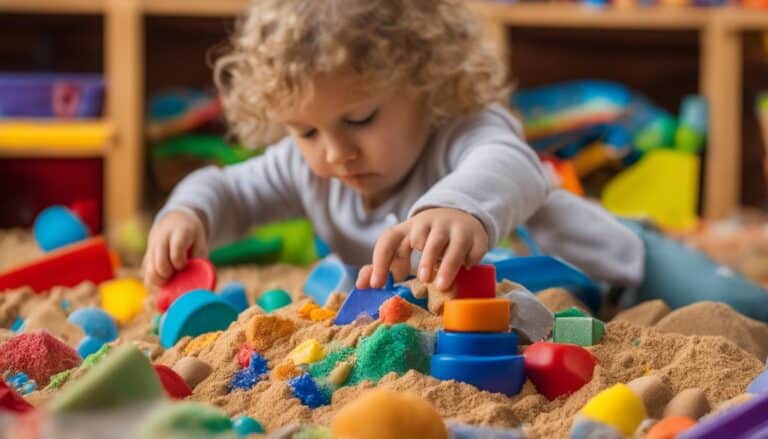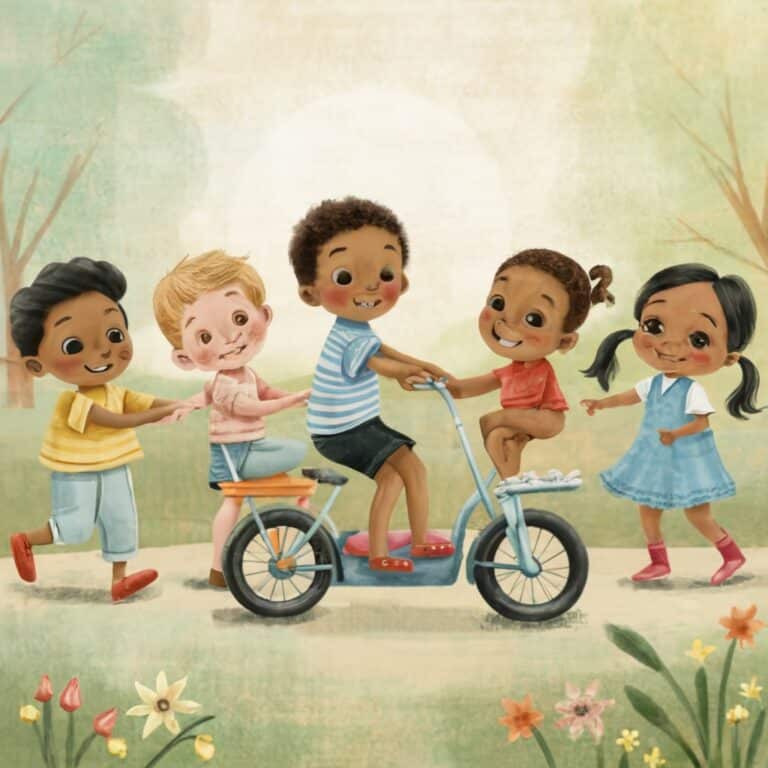Charting Developmental Milestones in Early Childhood: A Comprehensive Overview
As a parent or caregiver, understanding the stages of growth and development in early childhood is crucial for the well-being of your child. Developmental milestones serve as valuable markers that gauge a child’s progress in various areas, including physical, cognitive, social, and emotional development.
By recognizing and familiarizing yourself with these important milestones, you can ensure that your child is reaching key developmental milestones on time and identify any potential delays or concerns that may require attention.
Early childhood development is a dynamic process, as children progress at their own pace, reaching milestones at different times. However, having a comprehensive understanding of the typical milestones can help parents and caregivers support their child’s growth and provide appropriate guidance and opportunities for development.
Throughout this article, we will explore the different aspects of developmental milestones in early childhood, focusing on physical development, cognitive development, and social-emotional development.
Key Takeaways:
- Understanding developmental milestones is vital for monitoring a child’s growth and identifying any delays or concerns.
- Developmental milestones encompass physical, cognitive, social, and emotional aspects of growth.
- Children reach milestones at their own pace, but having a general timeline can guide parents and caregivers.
- Physical development includes both gross motor skills and fine motor skills.
- Cognitive and social-emotional milestones contribute to a child’s overall well-being and development.
Physical Developmental Milestones in Early Childhood
Physical development plays a crucial role in early childhood as children gain control over their bodies and develop essential motor skills. These milestones encompass both gross motor skills, which involve larger muscle groups, as well as fine motor skills, which involve smaller muscles and hand-eye coordination.
Gross motor skills are the foundation for physical development and involve movements that require the use of larger muscle groups. These skills enable children to navigate their environments, engage in physical activities, and develop balance and coordination. Examples of gross motor skills include:
- Walking and running
- Hopping and jumping
- Climbing and balancing
- Throwing and catching a ball
- Riding a tricycle or bicycle
Fine motor skills, on the other hand, involve smaller muscles and precise movements. These skills are crucial for activities such as writing, drawing, using utensils, and buttoning clothes. Fine motor skills also contribute to hand-eye coordination and dexterity. Examples of fine motor skills include:
- Grasping objects with fingers
- Stacking blocks
- Tying shoelaces
- Using scissors
- Coloring or painting
It is important to note that every child develops at their own pace, and there can be variations in the age at which these milestones are achieved. However, monitoring a child’s physical development and providing opportunities for them to practice and refine their motor skills can support their overall growth and well-being.
As children reach these physical milestones, they become more independent, gain confidence, and further explore their physical capabilities. Supportive environments and engaging activities are essential in fostering their physical development.
“Physical development in early childhood lays the foundation for a child’s overall growth and sets the stage for their lifelong well-being.” – Dr. Jane Smith, Pediatrician
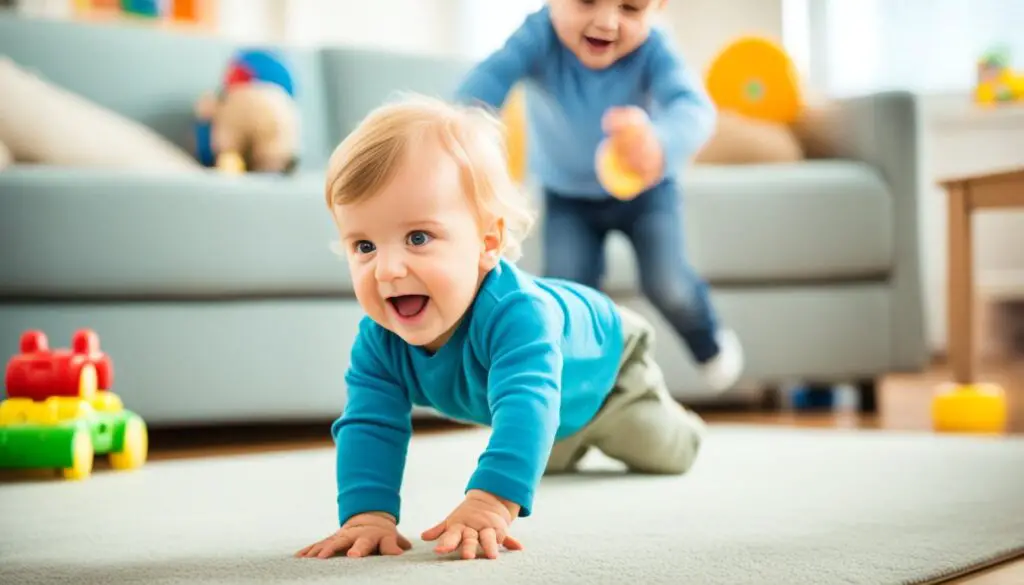
| Gross Motor Skills | Fine Motor Skills |
|---|---|
| Walking and running | Grasping objects with fingers |
| Hopping and jumping | Stacking blocks |
| Climbing and balancing | Tying shoelaces |
| Throwing and catching a ball | Using scissors |
| Riding a tricycle or bicycle | Coloring or painting |
Cognitive and Social-Emotional Developmental Milestones in Early Childhood
In the early years of a child’s life, cognitive development and social-emotional development play a crucial role in shaping their overall growth and well-being. Cognitive development refers to the mental processes and abilities that children develop as they progress through different stages of life. This includes acquiring language skills, problem-solving abilities, memory, and attention span.
As children grow, they reach cognitive milestones that indicate their progress in various areas. These milestones include the ability to recognize shapes and colors, understand cause and effect relationships, and use problem-solving skills to find solutions. Each milestone achieved is a stepping stone towards a child’s cognitive growth and intellectual potential.
Equally important is social-emotional development, which encompasses a child’s ability to navigate and understand their own emotions, as well as interact with others effectively. Emotional regulation is a key aspect of social-emotional development, allowing children to manage and express their feelings appropriately. It enables children to develop empathy, build healthy relationships, and resolve conflicts peacefully.
By fostering cognitive and social-emotional development in early childhood, parents and caregivers can provide a strong foundation for a child’s future success. Engaging in activities that stimulate cognitive growth, such as reading, problem-solving exercises, and imaginative play, can enhance a child’s cognitive abilities. Similarly, creating a supportive and nurturing environment that encourages emotional expression and empathy can positively impact a child’s social-emotional development.
FAQ
What are developmental milestones in early childhood?
Developmental milestones in early childhood are key markers of a child’s growth and development. They encompass various aspects such as physical, cognitive, social, and emotional development.
Why is it important for parents and caregivers to understand these milestones?
It is crucial for parents and caregivers to understand these milestones to ensure that children are progressing as expected and to identify any potential delays or concerns.
What is included in physical developmental milestones in early childhood?
Physical developmental milestones in early childhood involve the development of both gross motor skills, which involve larger muscle groups, and fine motor skills, which involve smaller muscles and hand-eye coordination.
What are cognitive and social-emotional developmental milestones in early childhood?
Cognitive and social-emotional developmental milestones in early childhood are vital for a child’s overall growth and well-being. They encompass cognitive milestones, problem-solving skills, and emotional regulation.
